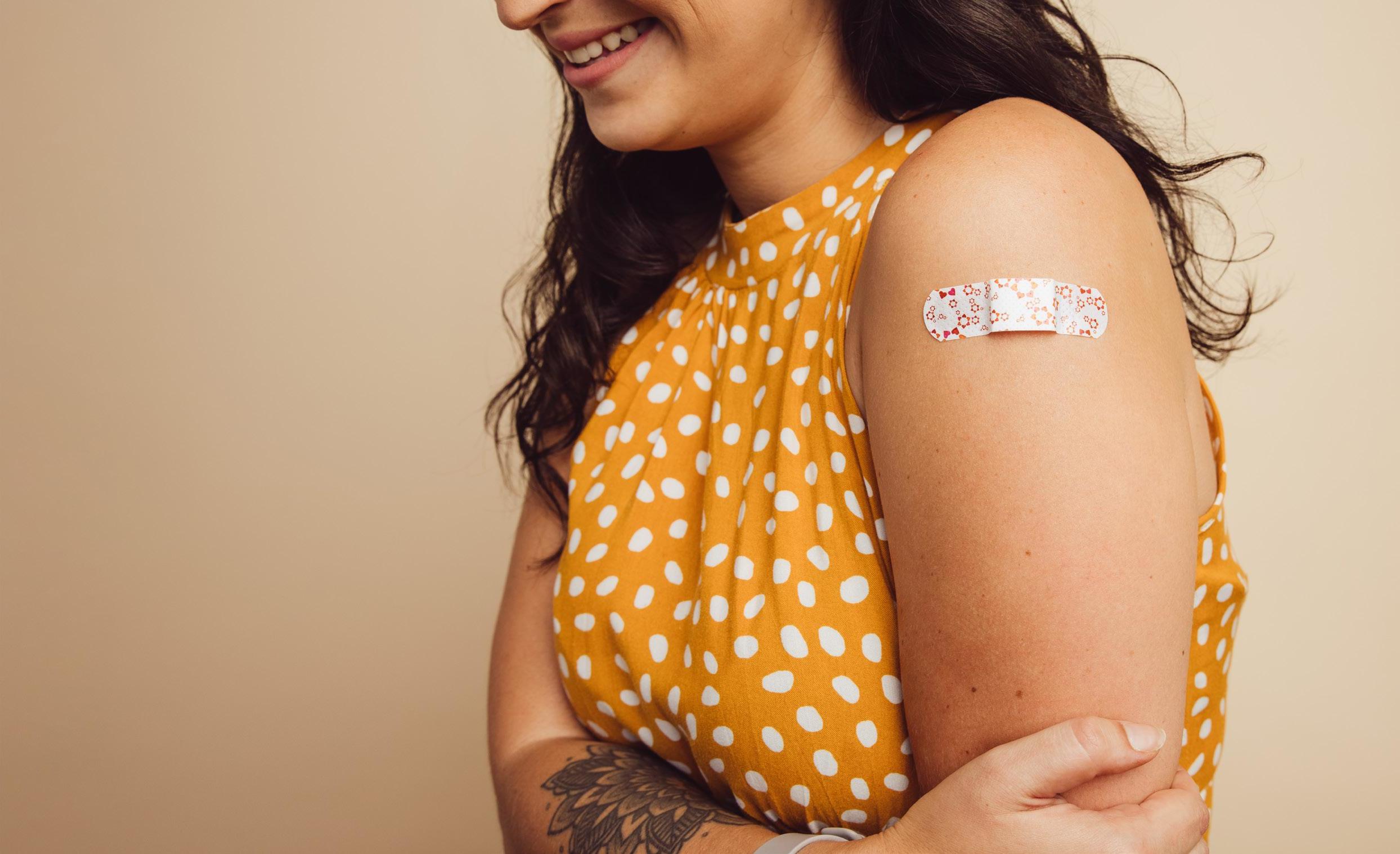
1 minute read
High Risk Accommodation Response
DPV Health highlights
High Risk Accommodation Response
Advertisement
DPV Health commenced work with the High Risk Acomodation Response project as a lead provider in October last year.
We are working with residents in the Hume, Whittlesea and Nillumbik local government areas with several partner organisations to cover this large catchment area. These agencies include: Banksia Gardens Community Services, Sunbury and Cobaw Community Health as well as Carrington Health (Healthability).
The HRAR project continues to act to prevent, prepare for and respond early to COVID-19 infections within high risk accommodation settings. Most of these facilities have shared or communal areas which increases the risk of COVID-19 transmissions or spread. High risk settings include rooming houses, public housing, community housing, supported residential settings and disability settings. Our engagement teams in HRAR, work with residents to promote Covid safe practices, vaccine clinics as well as providing support and link into health and social support services. Our engagement teams consist of registered nurses to assist residents with clinical queries and advice on Infection prevention and control measures. Since October last year we have engaged directly with nearly 800 residents and provided residents with over 2000 kits (which include washable face masks and information on services, testing, vaccines etc). We have also completed over 1500 letterbox drops where we were meet residents in person. The HRAR team has also conducted over 50 on-site assessments and provided reports to proprietors of facilities and the department of housing with recommendations on infection prevention strategies. We have recently created our new winter residents kits for the second phase of the HRAR project. The new kits include information on vaccines, testing, covid symptoms and mental health services. We have also included some goodies to give residents (beanie, travel mug, pocket sized tissues/hand sanitiser, antiseptic wipe sachets, pens and tea). At this stage the HRAR project has funding until December 2021. DPV Health will continue to engage and work closely with our most vulnerable communities in high risk housing and facilities.











